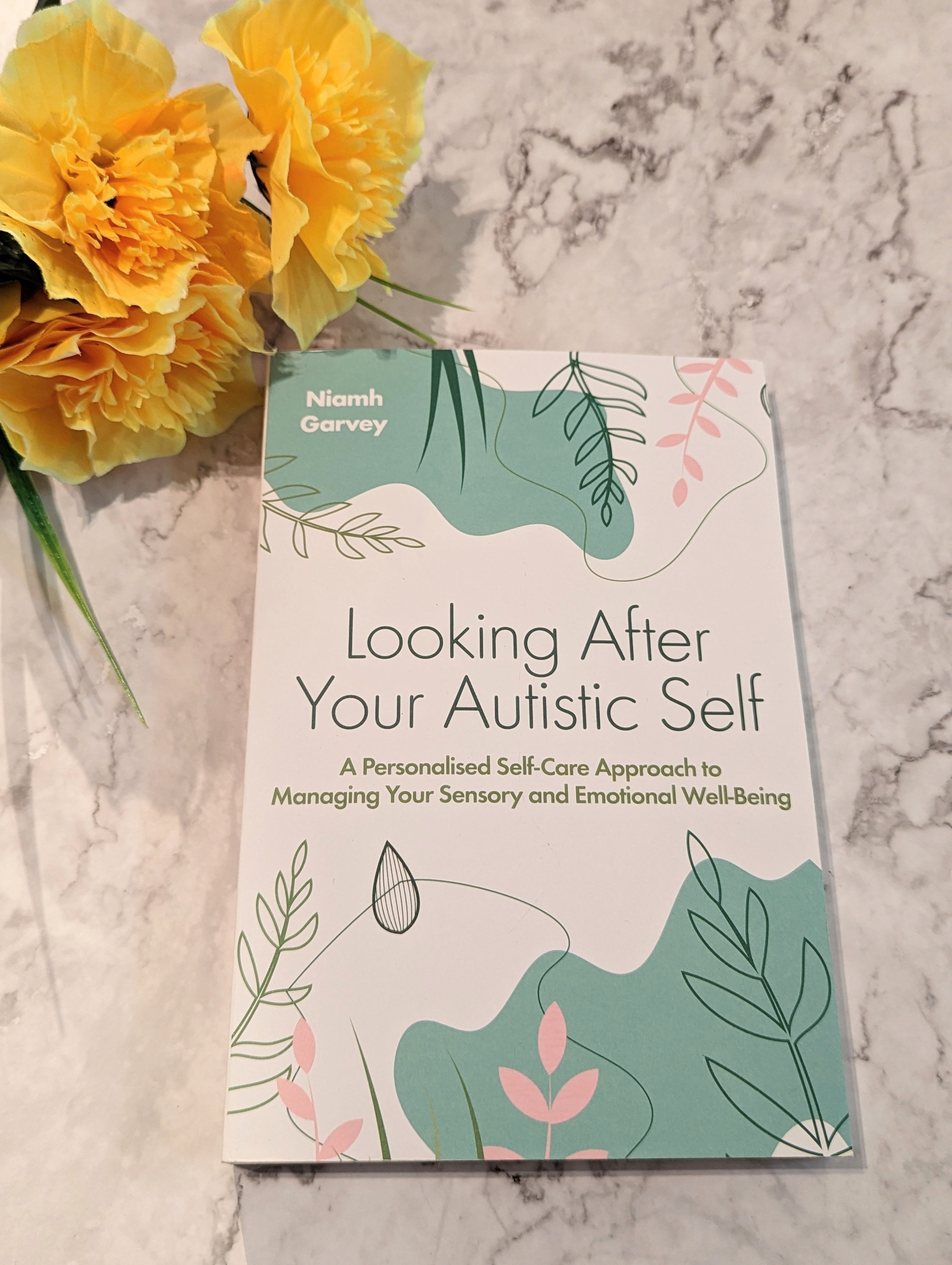
Why being educated in autism is so important to me.
I first became familiar with autism while looking after a young boy in my early 20s. He had recently been diagnosed and I had been introduced to his parents through a friend. At the time, I was preparing to apply for a carers role at a residential school for young people with complex and additional support needs, and wanted some hands-on experience. I remember finding my role as his helper very challenging, and his parents spoke very little English, so being able to communicate his needs was difficult.
What I didn’t realise at the time was that his emotional and physical support needs were very different to those of a child not living with autism. Certain toys and sounds would cause sensory overload very quickly, routine was important to him and having control.
Looking after your autistic self and the tools to support you.
Over a decade later and now working as a mindset coach, I realise the importance of having a personalised and knowledgeable approach when it comes to creating a self-care and well-being plan for my current and future clients. We are all so familiar with being told that self-care is just a bubble bath and scented candles, but it is so much deeper than that. Looking After Your Autistic Self by Niamh Garvey and published by Jessica Kingsley Publishes, looks at ways that you can manage your sensory and emotional well-being as an autistic person. Niamh herself only discovered that she was autistic after enrolling on an autism course at university, and her book goes into great first-hand detail on her experience of living with autism and the tools which she relies on to support herself.
The book is split into three sections separated by chapters. I love that each chapter gives an explanation of the topics and offers tools and strategies.
Chapter 2 ‘Taking Control of Your Triggers’ offers an explanation of everything from the stress response, to how to recognise a trigger and then how to manage it. Sometimes we become so consumed by safety behaviours within ourselves that we forget how to manage these. It is so important to have a stress toolkit and coping mechanisms that are personal to us.
Scenario-based learning is something I use with clients around setting boundaries and it works so well, so I was happy to see the addition of past scenarios around coping mechanisms, and as a way to cope with situations which would usually be triggering or stressful. It also links with being more aware of what could have triggered you and what could help going forward.
The most valuable section for me was Chapter 5, ‘The Sensory System and Autism.’ This is something that I am looking forward to covering in my upcoming neurodiversity training and something which I can imagine would be so helpful and potentially life-changing in being more aware of sensory integration and categorising the senses, and being aware of our own sensory system.
Recognising and knowing your emotions is also covered, which is essential when working on your emotional needs, and being able to communicate them to your loved ones.
The book goes into so much detail but the information is easy to digest and not overwhelming. It is also easy to skip to the sections which you need more support on as each section and chapter is so well laid out. It is interesting to read about Niamh’s experience and her personal self-awareness around her condition and how her strengths have helped her navigate her career, and her self-soothing tips. Mental health, including anxiety and depression, are covered towards the end of the book, with a brief description of each disorder and common symptoms.
This has been an extremely helpful book for me at the start of my journey of being more neurodiverse aware as a mindset coach. It has taught me so much and given me an insight on how I can be more mindful and inclusive when working with an autistic client in the future, and it has given me personal tips on my own emotional well-being even as a neurotypical individual.